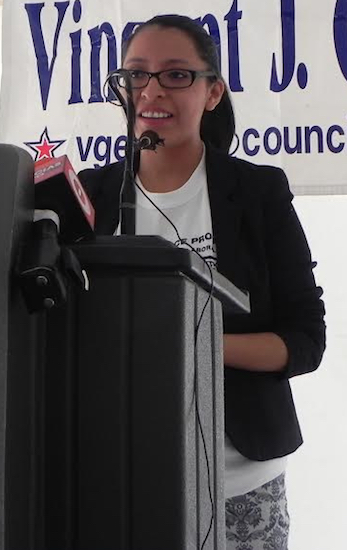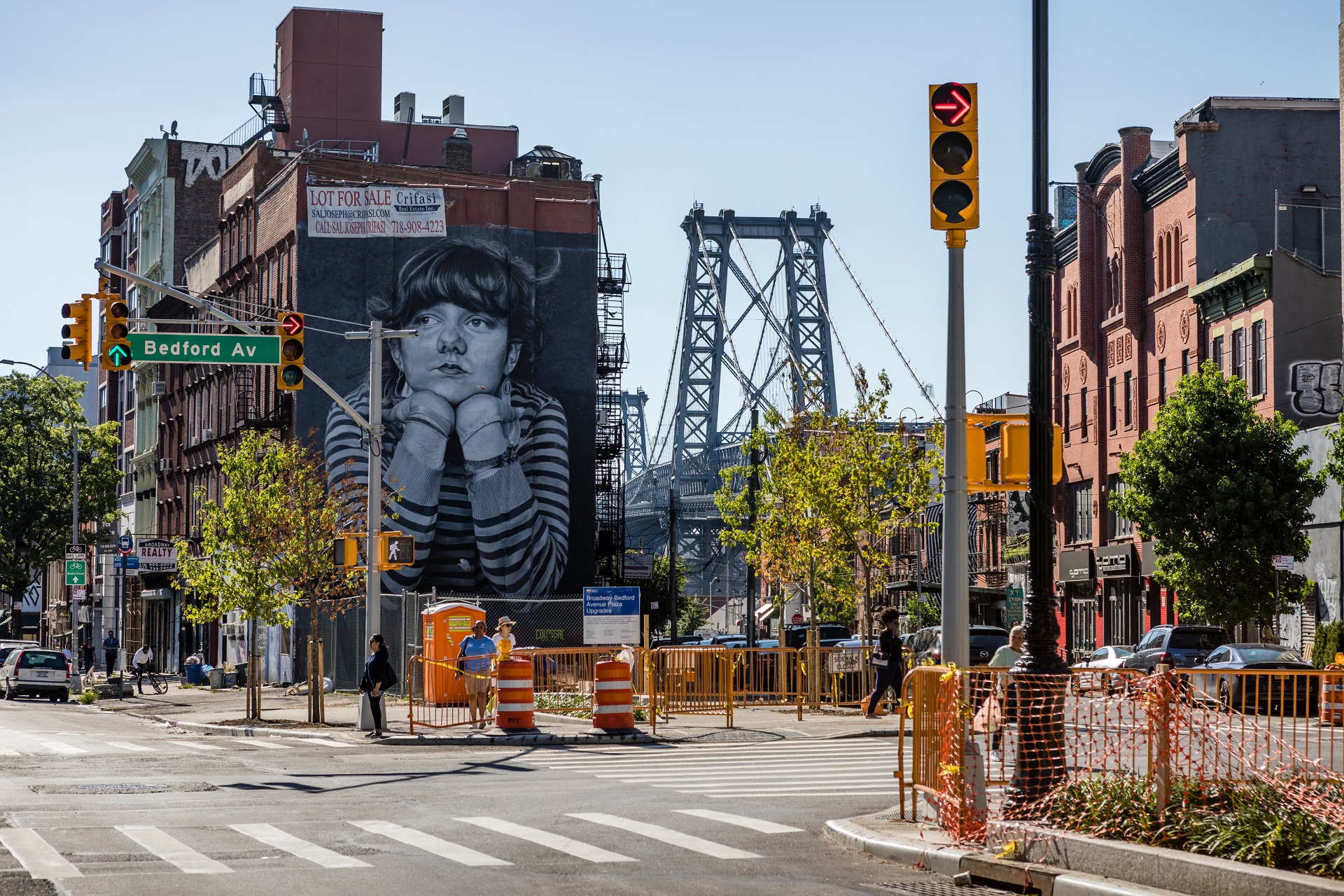New study looks at plight of women day laborers
“Standing Up For Dignity” outlines steps to protect females on the job

Ligia Guallpa, executive director of the Worker’s Justice Project, says female day laborers “face a unique set of challenges.” Eagle file photo by Paula Katinas
A new eye-opening study conducted by a Brooklyn-based advocacy group seeks to shed light on the plight of women day laborers.
The study, titled “Standing Up for Dignity: Women Day Laborers in Brooklyn,” was written by the Worker’s Justice Project (WJP) and the Worker Institute at Cornell. The WJP is based in Bensonhurst and works to improve working conditions for day laborers, many of whom are immigrants.
Among the study’s findings:
